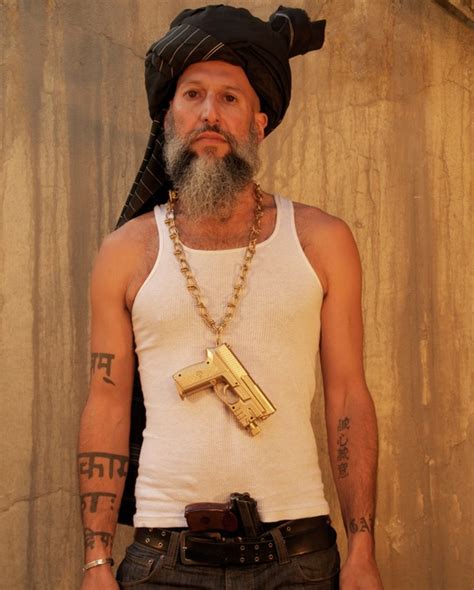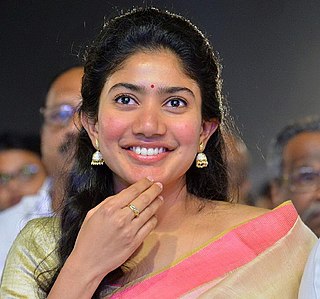A Quote by Aman Mojadidi
The body of work I create combines traditional storylines and postmodern narrative strategies to approach themes such as belonging, identity politics and conflict, as well as the push towards - and resistance against - modernization.
Related Quotes
My focus is to push the medium to be what it truly can be. Something well beyond 360-video, which is where a lot of the initial money has gone…but, of course, it’s not real VR if you don’t have agency. So what I’ve been looking for for 25 years is that undiscovered country between gameplay and linear narrative and the emotional engagement of a cinematic narrative. And that takes a huge combination of interesting technological enablements, as well as an understanding of how to bring a multidisciplinary team on a process that is upside-down the traditional process.
One of the real dilemmas we have in our country and around the world is that what works in politics is organization and conflict. That is, drawing the sharp distinctions. But in real life, what works is networks and cooperation. And we need victories in real life, so we've got to get back to networks and cooperation, not just conflict. But politics has always been about conflict, and in the coverage of politics, information dissemination tends to be organized around conflict as well.
Any narrative, whether it's fiction or not, you have to approach it as though it really happened to you. I think that's the only way to get inside the characters and make the narrative work. It's a storytelling tradition, and I think to come off as genuine then you have to really approach it that way.
Because for me to go fully experimental, it would turn into an artist book actually. And I'm not opposed to that. But I wanted to toy with the conventions of traditional narrative and sometimes to do that all the way, you have to actually utilize traditional narrative, I think - or it's one way to do it.







































